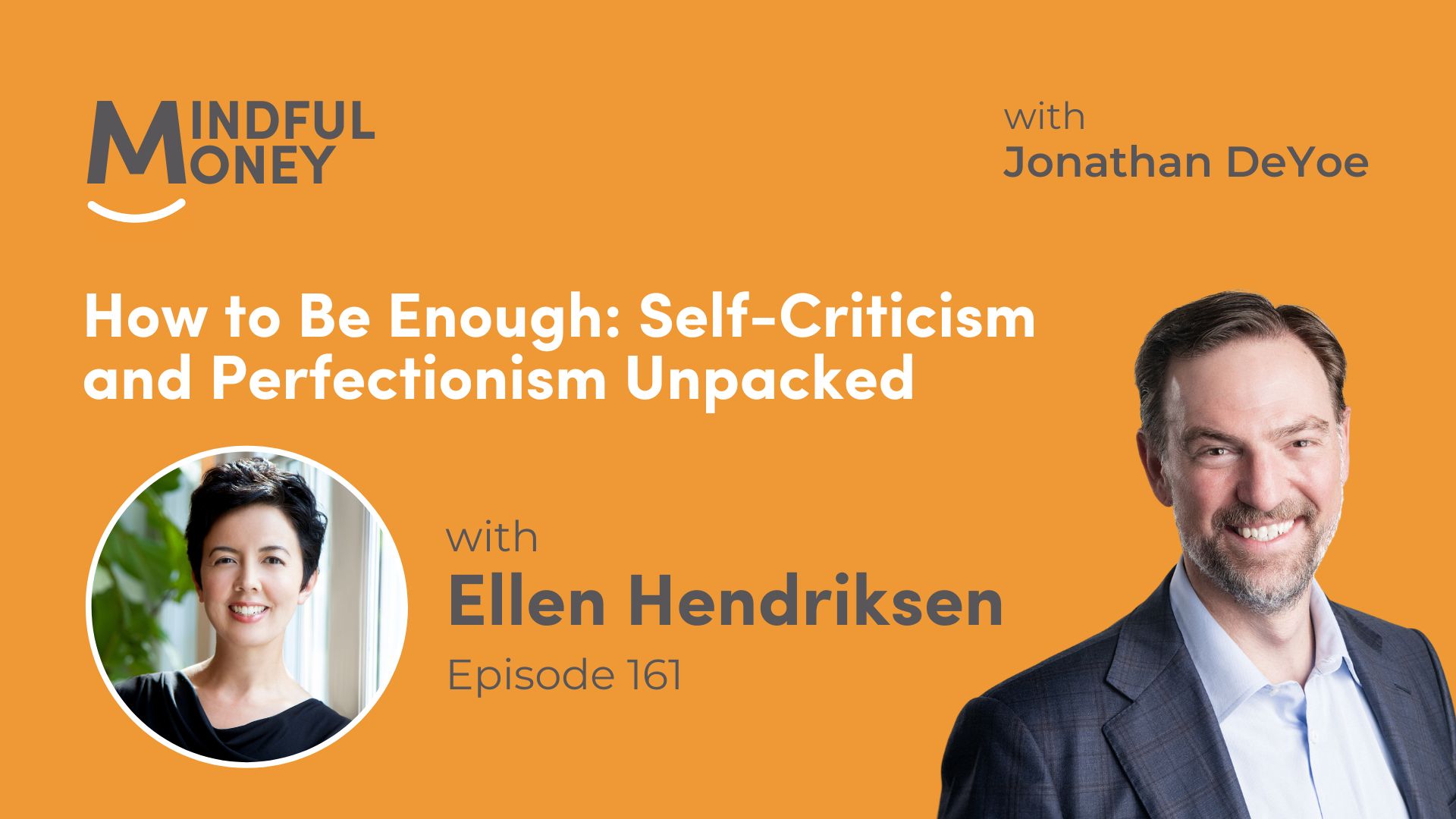“Difficult to see, always in motion is the future.” -Yoda
To my fellow Berkeleyans and other Bay Area residents, the headlines about the decline of American democracy are getting downright scary. I have begun to hear questions about how this might affect the economy and markets.
It’s probably a good time to return to our Guiding Principles – something we do every January anyway.
GUIDING PRINCIPLES
Next week I will go into greater depth on the “unknowable.” There are a lot of things that we’d like to know – even things that we think we should know – but that we cannot know. Every human decision gets weighed in our economic statistics. That’s a lot of humans making a lot of decisions. Not every person or decision can have the same affect, but taken together they give us the results we measure when we talk about economic statistics and markets.
That is a lot of people and a lot of decisions. None of them are made in a vacuum. Most of them are made in reference to our own habits or decisions made by others in the very recent past – this is what Yoda was talking about. People with very little power make most of the decisions, very few decisions will have any affect outside their immediate surroundings. Some decisions have large affect, but are subject to change or reversal immediately after being made.
The very nature of investing is practicing rationality under uncertainty. We’ll never have all the information we want, in terms of what is just around the bend, because we are investing in and for an essentially unknowable future. Therefore, we practice the principles of long-term investing that have most reliably yielded favorable long-term results over time: planning; rational optimism (based on real experience); patience; and discipline.
Really successful investors operate on a plan, and most failed investors are continually reacting to economic and market “news.” We remain goal-focused and planning-driven because being market-focused and performance-driven doesn’t work.
My essential principles of portfolio management are simple:
- The short-term performance of your portfolio relative to a benchmark is largely irrelevant to your long-term financial success.
- The only benchmark we should care about is the one that indicates whether you are on track to accomplish your stated financial goals (i.e. your plan).
- Risk should be measured as the probability that you won’t achieve those goals.
- Investing should have the exclusive objective of minimizing that risk (as much as it is possible to do so).
My essential portfolio practices are simpler still:
- Plan-appropriate Asset Allocation
- Broad Diversification
- Rebalancing
- Lifetime Tax Management
We know what we know; we don’t know what we don’t know. The future is muddy, and I make no attempt to forecast the economy or time the markets. I cannot – nor, am I convinced, can anyone else – consistently project future relative performance of specific investments. In a nutshell, I am a planner, not a prognosticator. My highest value is in planning and behavioral coaching – helping you to NOT overreact to the noise.
Once a family has put a long-term plan in place – and funded it with the investments that seem historically best suited to its achievement –changing the portfolio (outside of rebalancing) is rarely a good idea. If your goals haven’t changed… don’t change the portfolio. The more often people change their portfolios, the more the reasons for those changes shift and tilt, until they are managing that portfolio based on emotions relative to daily headlines. This may be the greatest risk investors face.
The most important lesson of investing is… temporary (completely normal) market declines are very different from permanent loss of capital. The antidote to very normal market volatility is TIME. I can’t say that it will always work out this way, but only notice that it always has.
No one can tell what is ahead, relative to democracy in the US. But the headlines will be all over the place and the equity markets will continue to experience short-term volatility. We believe that the only way to capture the full premium return of equities is to hang-on-tight and ride out their unpredictable, and frequent, but temporary, declines.





